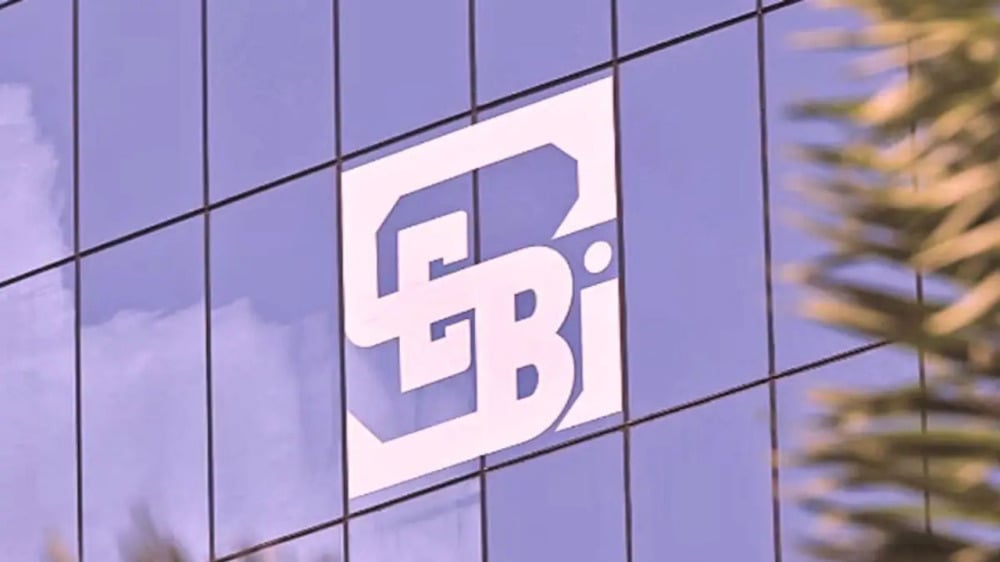
SEBI has once again changed some rules regarding the stock market. Stock market regulator SEBI has proposed that all payments such as dividends, interest for listed companies should be made only through electronic means. The aim of this new rule of SEBI is to simplify the payment process for investors and increase security and convenience.
SEBI's current LODR rules allow electronic payments, but also allow electronically dishonoured cheques or warrants. This is especially for amounts above Rs 1,500. However, now it is proposed to allow payments only through electronic means. This will increase protection for investors.
Why is there a problem with payment?
According to the information, payments are not made unless the bank details of equity holders are incorrect or missing. For which companies need to send cheques. According to recent data, 1.29 percent of electronic dividend payments have failed for the top 200 listed companies. In its letter, SEBI has proposed to make all payments including dividends and interest electronically to equity holders holding shares in demat or physical form.
Advertisement made for mutual funds
SEBI has changed the mutual fund rules. SEBI has allowed mutual funds to buy and sell credit default swaps. Its aim is to increase liquidity in the corporate bond market. SEBI said in a circular that this flexibility will serve as an additional investment product for mutual funds to participate in CDS.
What is a credit default swap?
In stock market parlance, credit default swaps are like insurance contracts that provide protection against default by a borrower. This helps manage CDS debt equity risk for mutual funds. When a mutual fund buys a CDS, it pays a premium to the seller in exchange for protection against the default of a particular brand of asset.
 look news india
look news india